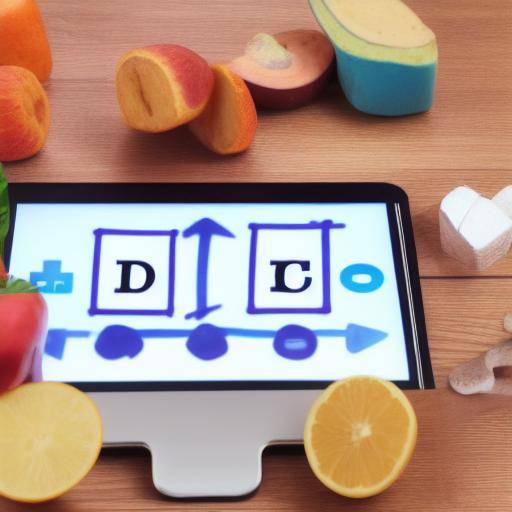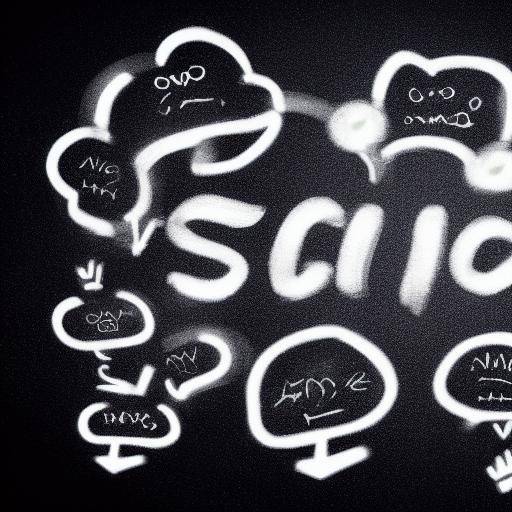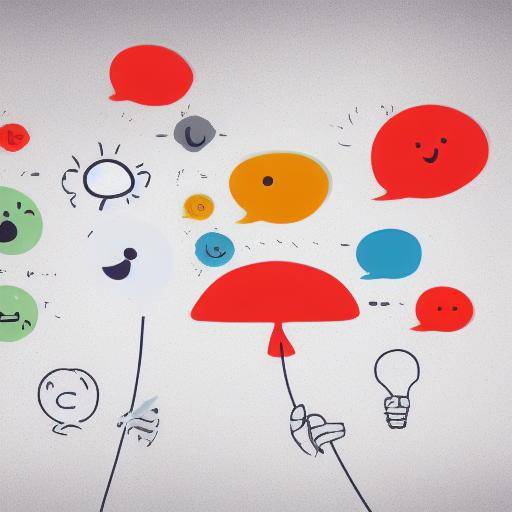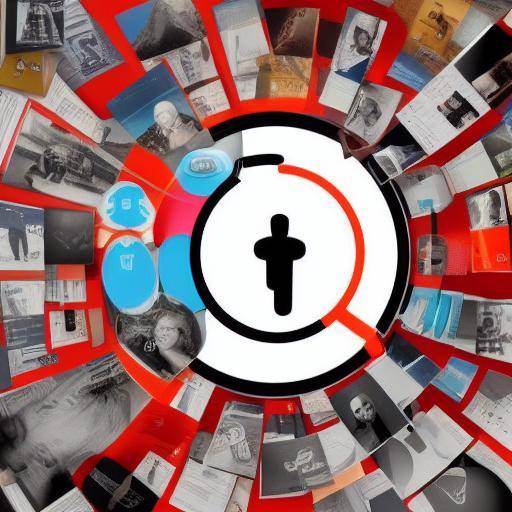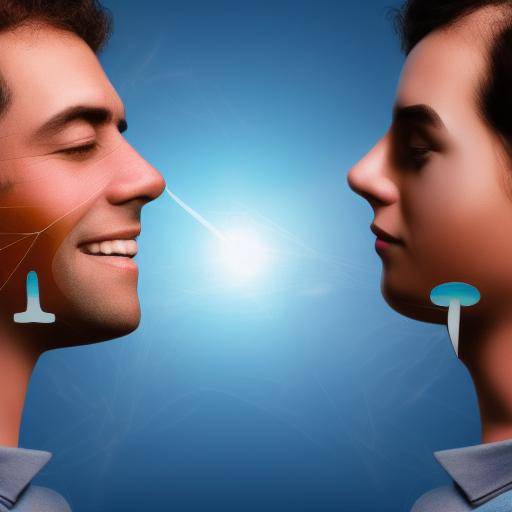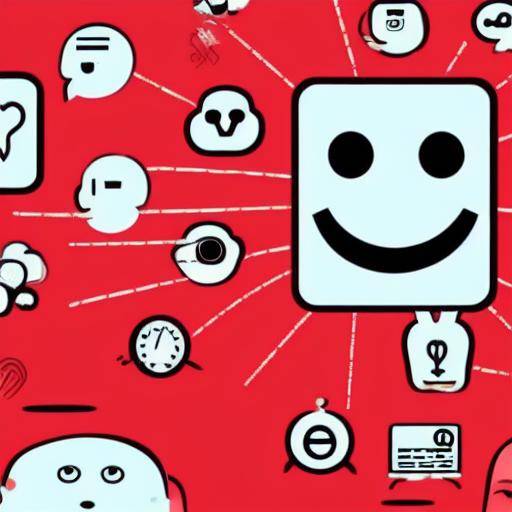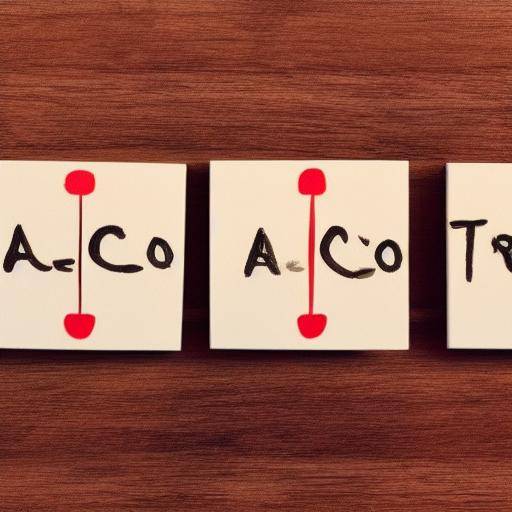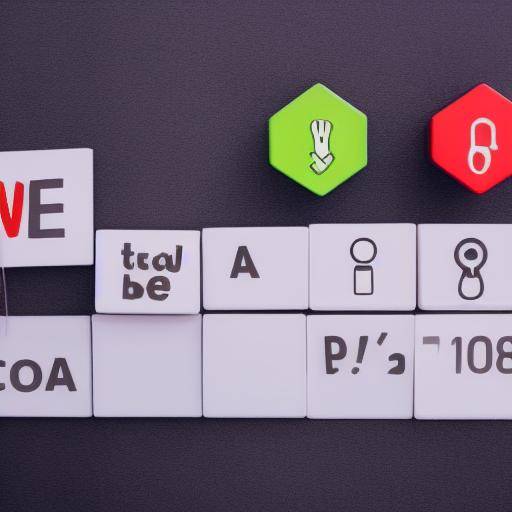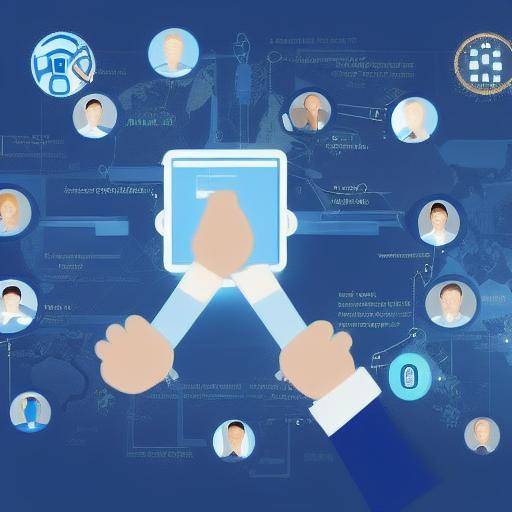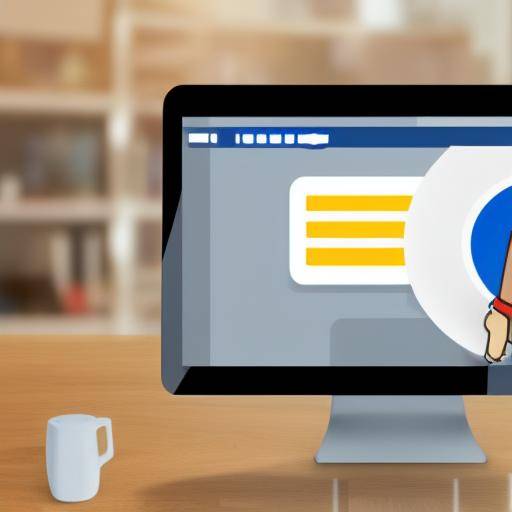
Introduction
Have you ever wondered what is the real engine that drives personal and professional success? Self-efficacy and personal trust are two fundamental parts in the development of an individual, and emotional intelligence plays a crucial role in its strengthening. In this article, we will explore the impact of emotional intelligence on self-efficacy and personal trust, examining its relevance, benefits, challenges and practical applications. Let us begin our journey towards self-knowledge and personal growth.
History and background
The notion of self-efficiency and personal trust has been the subject of interest throughout history. From the first philosophical reflections to contemporary studies, various thinkers and academics have explored the nature of personal success and the importance of believing in oneself. Over time, self-efficacy and personal trust have evolved according to advances in psychology, neuroscience and pedagogy.
In the 1970s, psychologist Albert Bandura introduced the concept of self-efficiency, defining it as the belief in the own abilities to organize and execute the actions necessary to achieve specific goals. This approach influenced the development of the theory of emotional intelligence, proposed by Daniel Goleman in the 1990s, which highlights the importance of emotional skills in achieving personal and professional success.
Detailed analysis
Emotional intelligence, understood as the ability to recognize, understand and manage one's own and other emotions, is intertwined closely with self-efficiency and personal trust. The ability to regulate emotions, motivate oneself, show empathy and maintain healthy relationships directly impacts on belief in one's own abilities and personal development.
Various studies have shown that people with a high level of emotional intelligence tend to exhibit greater self-efficiency and self-confidence. By understanding and regulating their emotions, they are able to face the challenges with a positive attitude, maintain motivation over time and establish effective interpersonal relationships, which contributes substantially to their self-esteem and self-confidence.
Full review
Emotional intelligence, self-efficacy and personal trust have fundamental applications in various areas of life, from leadership and business management to interpersonal relationships and individual well-being. Aware of this interconnection, experts in positive psychology and personal development have proposed various strategies and techniques to strengthen these skills and foster comprehensive growth.
To enhance self-efficiency and personal trust, it is essential to cultivate emotional intelligence through self-consciousness, self-regulation, motivation, empathy and social skills. Meditation practices, healthy emotional expression, the development of support networks and the establishment of realistic goals are just some of the tools that can contribute to this purpose.
Comparative analysis
While self-efficiency, emotional intelligence and self-confidence are interrelated concepts, each has individual characteristics that distinguish them. While self-efficacy focuses on belief in personal ability to achieve specific goals, emotional intelligence focuses on managing emotions and their impact on behavior. For its part, self-confidence encompasses self-confidence in a more global sense, including both specific skills and general perception of personal value.
Practical advice and recommendations
- Cultivate emotional self-consciousness through meditation and mindfulness.
- Practice the assertive expression of your emotions in different contexts.
- Realistic set-ups and celebrate your achievements, however small.
- Build meaningful relationships and mutual support.
- Develop effective communication skills to strengthen your interpersonal relationships.
- It seeks constructive feedback to continue to grow and improve.
- Do not be afraid to face challenges, see each obstacle as an opportunity for personal learning and growth.
Industry perspectives and expert opinions
According to experts in psychology and personal development, the impact of emotional intelligence on self-efficacy and personal trust is of utmost relevance in an increasingly demanding and dynamic world. In working environments, the ability to manage one's emotions, teamwork, resolve conflicts and adapt to change has become a significant differential for professional success.
Case studies and practical applications
An outstanding example of the impact of emotional intelligence on self-efficiency and personal trust is that of companies that foster a working climate based on the trust, collaboration and emotional well-being of their employees. These organizations often experience greater productivity, creativity and commitment on the part of their team, resulting in long-term positive results.
Future trends and predictions
As awareness of the importance of emotional intelligence in personal and professional development continues to grow, organizations and leaders are expected to increasingly incorporate this competition into their training and management strategies. The integration of emotional development programs into educational and corporate environments will be critical to enhancing self-efficiency and personal trust in future generations.
Conclusion
In short, emotional intelligence, self-efficacy and self-confidence are fundamental pillars on the path to personal growth and success in different spheres of life. By understanding and strengthening these skills, we can enhance our ability to face challenges, maintain healthy relationships and achieve our goals more effectively and with satisfaction.
Frequently asked questions
**What is the relationship between emotional intelligence and self-efficacy?**Emotional intelligence directly influences self-efficacy by providing the necessary skills to regulate emotions, maintain motivation and establish healthy relationships, key elements in belief in our abilities.
**How can I develop my self-confidence through emotional intelligence?**By cultivating emotional self-consciousness, self-regulation and social skills, we can strengthen our self-confidence by effectively managing our emotions and interacting more securely and assertively.
**What is the importance of self-efficacy in the workplace?**Self-efficacy plays a crucial role in working performance by influencing motivation, perseverance and ability to face challenges, determining factors for achieving professional goals.
**What is the difference between self-efficacy and self-confidence?**While self-efficacy focuses on belief in one's own capacities to perform specific tasks, self-confidence encompasses a general perception of personal value and self-confidence in various aspects of life.
**How does emotional intelligence influence decision-making?**Emotional intelligence makes it possible to assess situations more accurately, manage emotions that could distort judgment and make more balanced and adaptive decisions.
**What strategies can I use to improve my emotional intelligence and strengthen my self-efficacy?**Practicing emotional self-consciousness, fostering empathy, regulating emotions in a healthy way and establishing realistic goals are effective strategies to improve both emotional intelligence and personal self-efficacy.
Conclusion This comprehensive approach to emotional intelligence and its impact on self-efficiency and personal trust provides a detailed view of the interconnection between these fundamental dimensions of human development. By understanding its scope, applications and benefits, we can strengthen our emotional abilities, enhance our self-efficiency and personal trust, and develop our full potential both on a personal and professional level.

